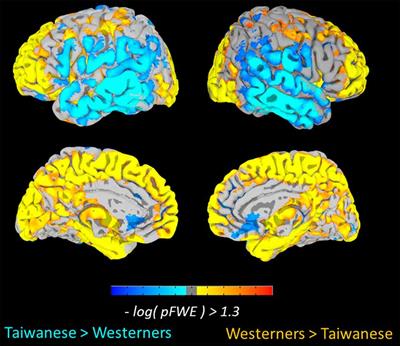ORIGINAL RESEARCH
Published on 05 Jun 2020
Mind the Gap: The Relation Between Identity Gaps and Depression Symptoms in Cultural Adaptation

doi 10.3389/fpsyg.2020.01156
- 10,427 views
- 7 citations
7,547
Total downloads
54k
Total views and downloads
ORIGINAL RESEARCH
Published on 05 Jun 2020

ORIGINAL RESEARCH
Published on 10 Sep 2019

REVIEW
Published on 20 Jun 2019

ORIGINAL RESEARCH
Published on 29 May 2019

ORIGINAL RESEARCH
Published on 01 May 2019

ORIGINAL RESEARCH
Published on 29 Nov 2018

